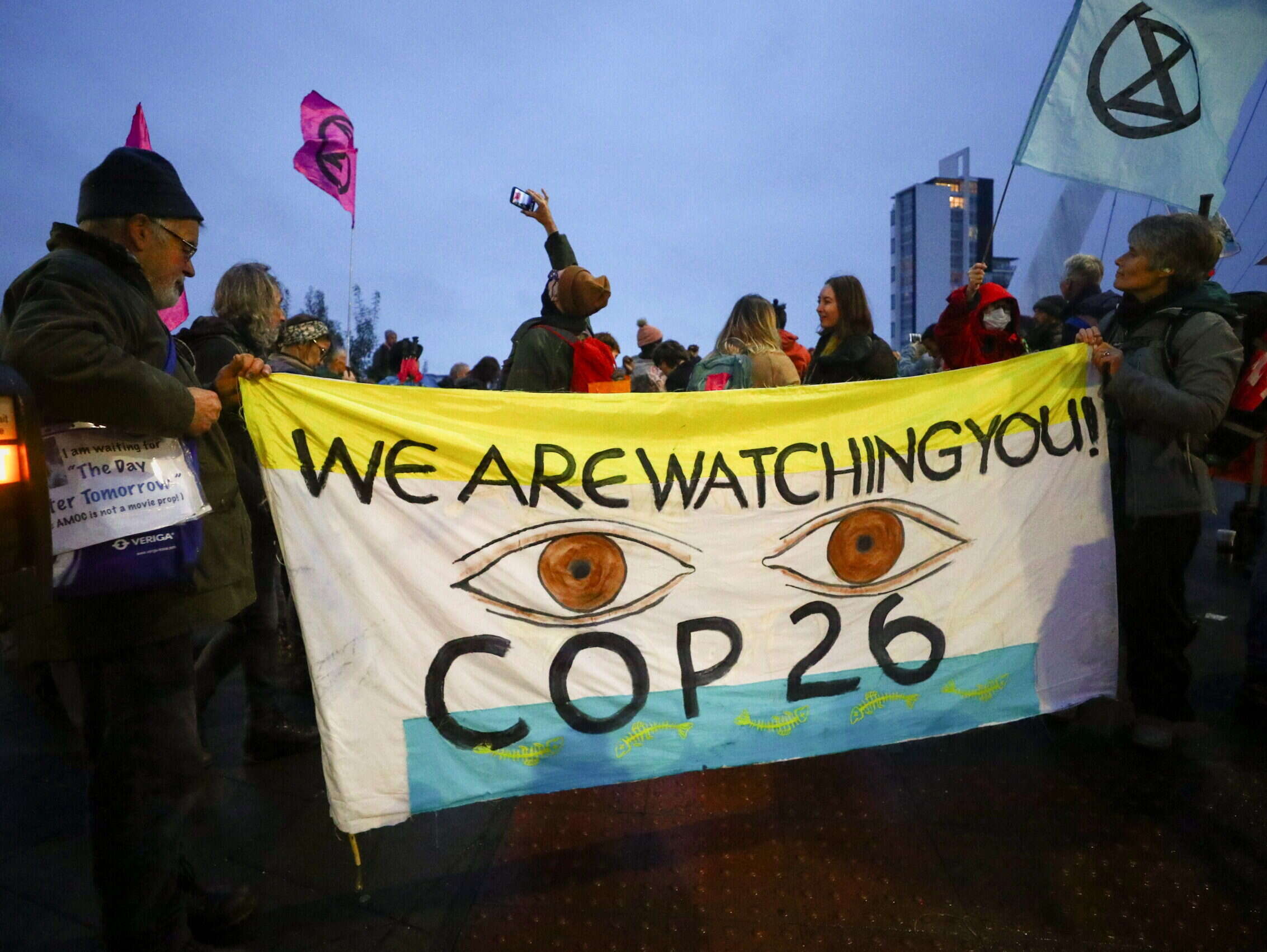
More than 250 brands and ad industry leaders are urging tech platforms to properly tackle climate misinformation and disinformation.
The group, co-ordinated by the Conscious Advertising Network, say the tech giants should come together on the issue in the same way they did at the start of the Covid-19 pandemic with policies that tackled misinformation and elevated authoritative content.
Major brands such as Sky, SSE, British Gas, Virgin Media O2 and Ben & Jerry’s are among media agencies and industry leaders calling for more action against misleading information on the climate crisis.
They have asked the chief executives of Facebook, Instagram, Google, Twitter, TikTok, Pinterest and Reddit to implement robust climate policies and enforcement covering content, algorithms and advertising similar to their work on the Covid-19 pandemic – although these efforts took time to satisfy many, including Press Gazette after we launched our Fight the Infodemic campaign.
An open letter from the ad industry urged the platforms to produce plans on tackling climate disinformation including an independent and transparent fact-checking process, community standards that do not allow deceptive statements on climate science or policy, and a zero-tolerance approach communicated directly to users.
They were also asked not to publish adverts containing climate dis/misinformation, and to share their internal research on how it spreads with journalists and researchers.
The industry suggested a definition of climate dis/misinformation as deceptive or misleading content that undermines the existence or impacts of climate change, the human influence on it and the need for urgent action.
It could also misrepresent scientific data to erode trust in climate science and experts, or falsely present efforts that contribute to climate change as being in line with climate goals. The tech giants were urged to accept this definition.
Disinformation is generally classed as false information deliberately put out to mislead, while misinformation is false but not maliciously done.
The open letter also calls for action against climate dis/misinformation, using the above definition, to be included as a priority in the negotiated outcome, the text that all countries agree to, at the end of the COP26 summit in Glasgow.
Jacob Dubbins, co-founder of the Conscious Advertising Network, said: “There isn’t a universally agreed definition of climate dis- and misinformation, and most online platforms don’t have climate dis- and misinformation policies.
“Clearly, we need both of these in order to combat misinformation that can seriously halt developments we are making to limit global warming to 1.5 ºC. We have seen misinformation derail conferences before and we cannot have it happen again. Our planet and our lives are at stake.”
The letter praised Google for its new policy, announced last month, that prohibits ads for, and monetisation of, content that contradicts scientific consensus around the existence and causes of climate change.
It said this came after concerns from advertisers who do not want their ads to appear next to content promoting inaccurate claims about climate change, and publishers who do not want ads making such claims appearing on their pages or videos.
Facebook last week said it was expanding its Climate Science Centre, which provides factual information on the climate crisis, to more than 100 countries and widening the use of information labels on posts about climate to take people there. It also turned on keyword detection so its independent fact-checkers could more easily find related content during COP26.
Similarly Twitter said it was “committed to elevating the latest, most authoritative information” about COP26 and rolling it out through hubs in the Explore, Search, and Trends sections.
The Center for Countering Digital Hate last week revealed the so-called “toxic ten”, the ten publishers its analysis has revealed are responsible for the most climate denial content.
Between them the publishers, which have a collective 186m social media followers, are allegedly responsible for up to 69% of Facebook interactions with climate denial content. The CCDH report estimated this had earned them $5.3m in the past six months alone.
These are led by US right-wing websites Breitbart, Western Journal and Newsmax. Russia state-funded RT and Sputnik News together ranked ninth. Several rank within the top 50 English-language news websites in the US.
The CCDH said: “We are calling on Facebook and Google to stop promoting and funding climate denial, start labelling it as misinformation, and stop giving the advantages of their enormous platforms to lies and misinformation.”
Email pged@pressgazette.co.uk to point out mistakes, provide story tips or send in a letter for publication on our "Letters Page" blog
